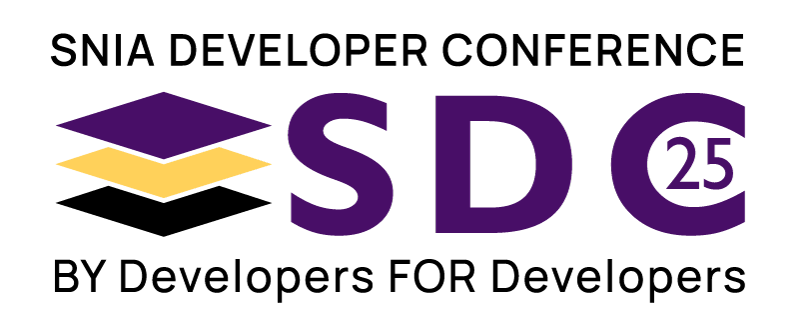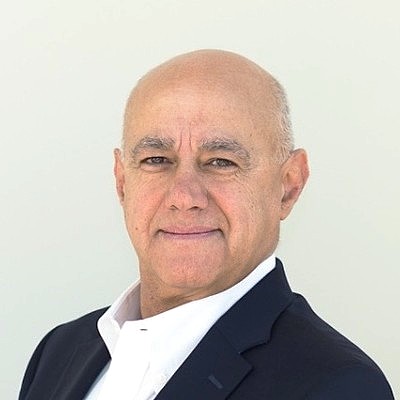
"No-compromise” NVMe/TCP deployment using server storage I/O offload

Abstract
Many server storage and I/O problems are often the result of host CPU and associated software bottlenecks. This panel explores the challenges, issues, and benefits of addressing NVMe over TCP deployments without compromise. The session will explore server, storage and I/O workload testing techniques, tools, methodology and approaches to show NVMe over Fabrics including TCP can be accelerated, while freeing up host CPU resources for other software defined workloads. With a continued shift towards software defined storage, networks and higher level applications, host CPU cycles are in more demand. Boosting application performance, efficiency, and effectiveness of server CPUs including reducing overhead are key priorities for legacy and software defined datacenter environments.
Related Sessions
Challenges and Solutions to Testing AI at Scale
AI is a large-scale system design problem. This is forcing the industry to evolve their traditional testing and validation practices. Hypersalers are leading this effort due to access to resources and budgets. At this BoF, we delve into what is different in AI from both challenges and solutions perspective.
AI and Performance Expansion - Total Cost of Ownership (TCO) Model 2.0
A Total Cost of Ownership (TCO) Model of storage provides a way to understand how customers make purchasing decisions by looking all the costs associated with purchasing and running IT equipment. Business objectives and purchasing criteria vary greatly between customers, and hence a one size fits all TCO Model is not adequate for all storage workloads. In this BoF, we will discuss how the latest SNIA TCO Model 2.0 updates the regular storage model TCO with software licensing costs and server configurations important for AI and storage companies. We will also discuss a new TCO cost/performance Model that includes the use of accelerators which help TCO savings within a specific workload. We will demonstrate prototypes for TCO 2.0 and look forward to your feedback for this and future updates.
Directing the Future of our Industry: Can we develop the next class of storage?
Please join the interactive discussion on this exciting next class of storage devices. Now is your chance to get involved in the definitions, standardization, and direction of the future evolution of our industry.
Object Storage for Structured Storage
AI use cases are evolving to consume both unstructured and structured data. Object storage is evolving to support both unstructured and structured data becoming tier-1 storage. This BOF sessions covers the fundamentals of structured data, like iceberg tables and use cases enabled by supporting this natively in object storage.
Storage Blending: The Evolving Role of HDD and SSD in Data Systems for an AI and Analytics Era
Let's continue the discussion with the really smart presenters from the mainstage panel discussion earlier in the day.
Storage.AI - The Evolution of Data with SNIA
AI is driving the future of Data. A holistic approach to how this data moves through the pipeline is needed, with open, supported ecosystem that can help users manage their data from storage, memory, processing, and networking in a vendor-neutral way.
Come to this BoF to discuss SNIA's new Storage.AI efforts and hear how you can be a vital piece of this work regardless of your intersection with your data and the AI ecosystem!








